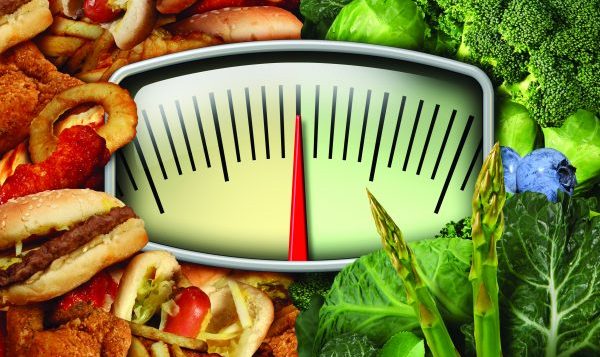Justify My Pudge

Humans have developed a nifty little way of justifying pretty much anything, at least to themselves. See: Donald Trump. This self-saving way of thinking has worked for us, letting us twist bad news in our favor (“She didn’t call back because her phone is at the bottom of the ocean!”) and avoid embarrassment (“No one saw me trip and spill my entire burrito bowl!”).
But sometimes, this way of thinking can have negative effects. Again, see: Donald Trump. A recent study published in the Journal of the American Medical Association lends some evidence to this argument, pointing its research at an almost ubiquitous device in America’s fitness circles — the fitness tracker.
In the study, scientists took a group of 470 overweight or obese young adults and first started them on a low-calorie diet and encouraged them to increase their levels of physical activity. After six months, surprise! — they all lost weight. Then, they split the group into two, one group equipped with fitness trackers and one tasked with recording their physical activity every day on a website, each for 18 months. This is where the other (non-sarcastic) surprise comes in, according to the lead researcher, John Jakicic. While the fitness-tracker-toting group lost an average of eight pounds in the total two years, the self-recording group beat them, losing an average of 13 pounds.
Jakicic did note that the device used was dated by the time the full study was completed five years after launch. This could prompt more research into the newer devices on the market. But, as James Hamblin from the Atlantic points out, the bulky fitness trackers used in the study were probably more noticeable than the sleek wrist devices and phone apps used nowadays. If this mass of a thing on the volunteers’ biceps didn’t prompt them to work out, would a barely noticeable cuff help?
While the exact cause of these effects aren’t known, Jakicic speculated to the New York Times that perhaps people were sinply focused too much on the technology and not so much on their diet, resulting in overeating. Hamblin also gave his hunch, theorizing that seeing the amount of steps each day helped people justify that second piece of cake in the evening.
It all leads to the always-repeated advice that seems to end all articles reporting on weight loss (including this one, yay!): Be mindful of what you eat, and what goes into what you eat. Exercise is not the cure-all for a poor diet. And stop telling everyone you “need to get your steps in.” That’s just annoying.




